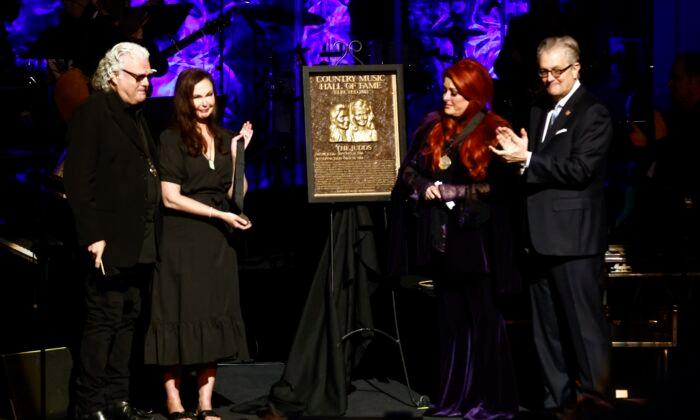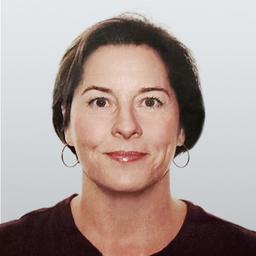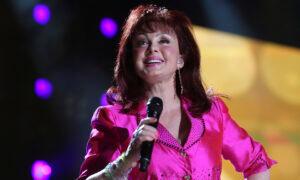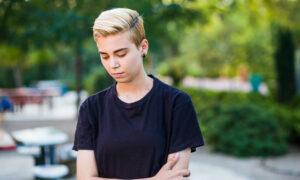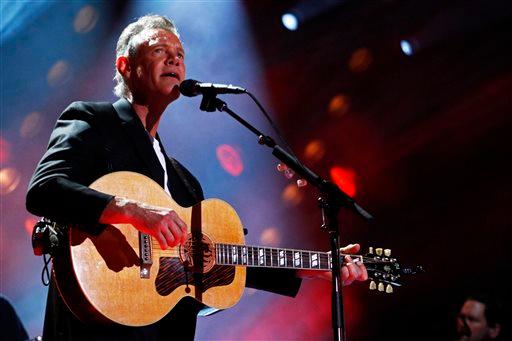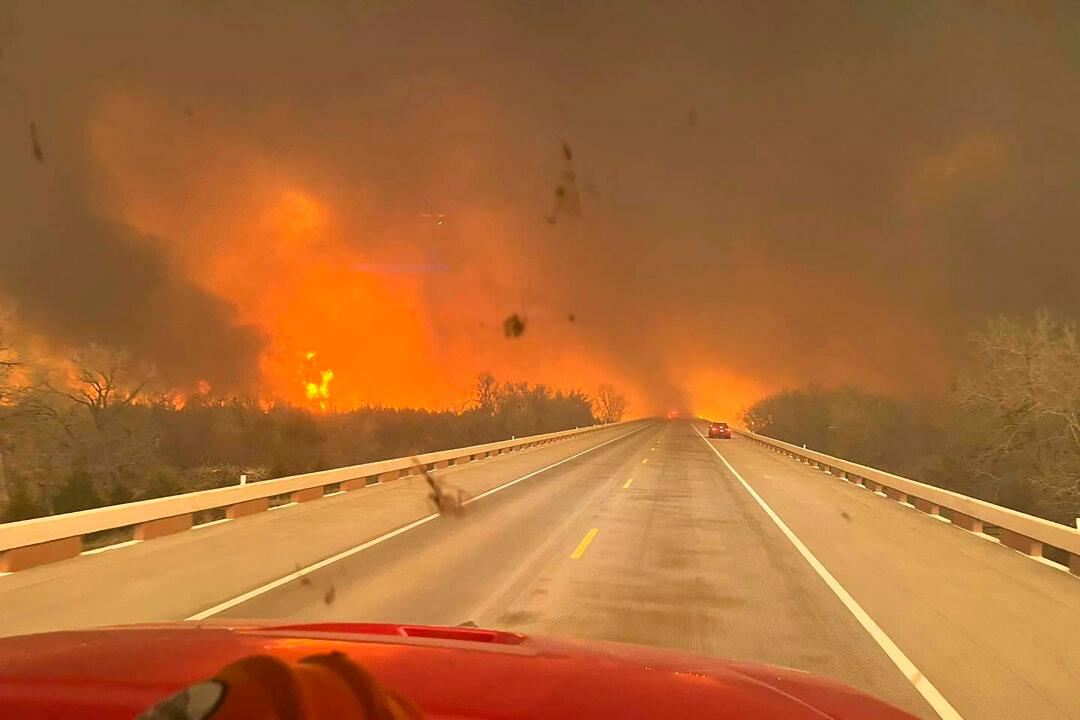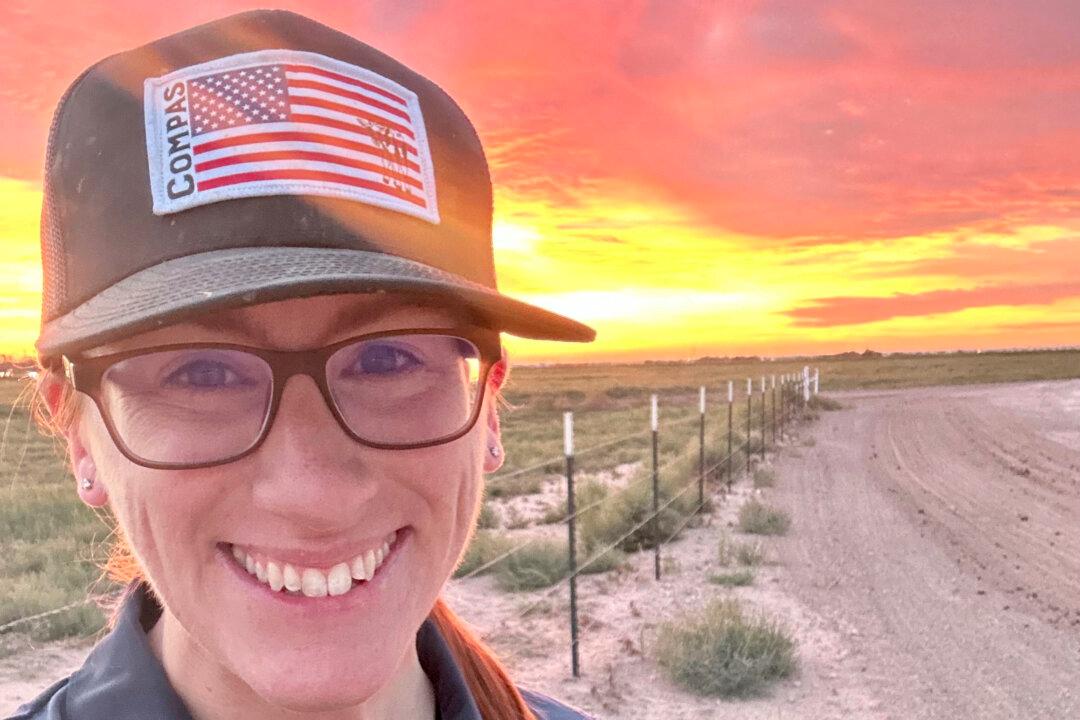Actress Ashley Judd recently opened up about her late mother’s heartbreaking struggle with mental illness during a panel discussion at the White House on April 23 to promote the newly formed National Strategy for Suicide Prevention.
Ms. Ashley Judd’s mother, country star Naomi Judd, suffered severe depression before taking her own life nearly two years ago. Naomi and her other daughter, Wynonna, had formed the 1980s country duo The Judds. They became one of the most successful acts in country music history, earning five Grammy Awards and nine Country Music Association Awards. They landed 14 No. 1 hits on Billboard’s Hot Country Songs chart.
Singer-songwriter Aloe Blacc, whose frequent collaborator Tim Bergling died by suicide in 2018, and Shelby Rowe, executive director of the Suicide Prevention Research Center, were also members of the panel.
Doug Emhoff, the husband of Vice President Kamala Harris, attended the event to help unveil the blueprint for reducing suicides in the United States. Some 132 people a day kill themselves, he said.
“We’re here today because we know that we can and will change this,” Mr. Emhoff said. “Suicide is preventable.”
‘Beloved Mother’s Daughter’
Ms. Naomi Judd had lived most of her 76 years with an untreated mental illness before she committed suicide on April 30, 2022.“I’m here because I am my beloved mother’s daughter,” Ms. Ashley Judd said during the discussion. “And on the day she died, which will be the two-year anniversary in one week, the disease of mental illness was lying to her and, with great terror, convinced her that it would never get better.”
Before speaking about her mother’s mental health struggles, Ms. Ashley Judd shared stories of her mother’s childhood.
“But before I talk more about that,” Ms. Ashley Judd said, “I have a firm belief that we deserve to be remembered not just for how we died but how we lived. So I want to just say a few words about Naomi Judd.
“She was born in Appalachia in eastern Kentucky in 1946, the eldest of four and the daughter of a working-class man who had an Ashland oil filling station,” she continued, adding that Naomi’s mom was a “clever redheaded homemaker” who loved British comedy.
Ms. Ashley Judd said her mother learned at an early age that she enjoyed performing on stage.
“When she was small, she was in a school play,” she continued. And when the play was over, the curtain came down behind her, and she kept performing to the delight of the parents. And that’s when she discovered she really enjoyed holding an audience’s attention.”
Ms. Naomi Judd was sexually assaulted as a child and as an adult.
“She was a survivor of childhood and adult male sexual violence,” Ms. Ashley Judd said.
As a young mother, Ms. Naomi Judd sometimes relied on public assistance to help her family. She went to college and became a nurse before becoming a country music star.
On May 1, 2022, one day after Ms. Naomi Judd’s death, The Judds were inducted into the Country Music Hall of Fame. Ms. Wynonna Judd and Ms. Ashley Judd attended the emotional ceremony and tearfully accepted the honor in the wake of the tragedy.
“She also lived most of her life with an untreated and undiagnosed mental illness that lied to her and stole from her, and it stole from our family, and she deserved better,” Ms. Ashley Judd continued.
The 56-year-old actress also opened up about her own bouts with depression caused by childhood sexual abuse.
“I’m also here because I was molested by a man for the first time that I remember when I was 7 years old, and that’s when I had the onset of childhood depression,” Ms. Ashley Judd said.
She said she understands the “feeling of not wanting to be here, but I had a different experience because I went to treatment in 2006 for unresolved childhood grief and sexual trauma.”
Ms. Ashley Judd went on to say that she has been doing well and wants others to know there is hope for those who are suffering.
Helping Someone in Crisis
Ms. Rowe said the most important thing to do for someone facing a mental health crisis is to “show up.”She said not to worry about whether “you’re saying the right thing. Just say something and show up.”
Mr. Blacc encouraged people to remember they can be “the light” for someone in distress. He suggested one way to help someone who reaches out to you is to share a ”moment of joy,” such as a memory that sparks laughter or a song.
“There’s no such thing as too much love. Let’s give as much as we can,” he said before leading the audience to sing the chorus from “This Little Light of Mine.”
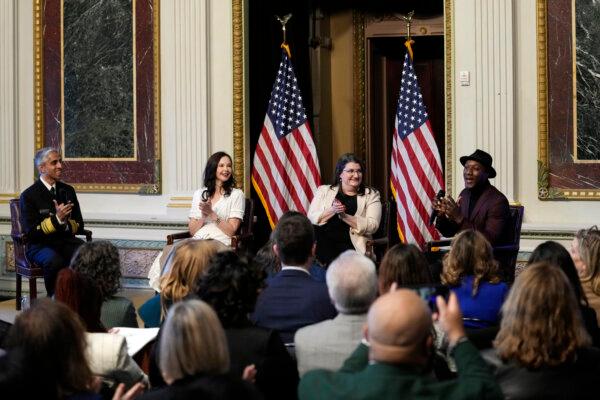
National Strategy for Suicide Prevention
The National Strategy for Suicide Prevention will accompany a Federal Action Plan, identifying more than 200 discrete actions that federal partners across the Biden administration will initiate and evaluate over the next three years.Actions include identifying ways to address substance use and suicide risk together in the clinical setting, funding a mobile crisis locator for use by 988 crisis centers, increasing support for survivors of suicide loss and others whose lives have been impacted by suicide, and evaluating promising community-based suicide prevention strategies.
For the first time, the nation’s suicide prevention strategy will include a pillar prioritizing equity, an essential requirement to meet the specific and urgent need to address populations disproportionately impacted by suicide throughout the full continuum of care.
